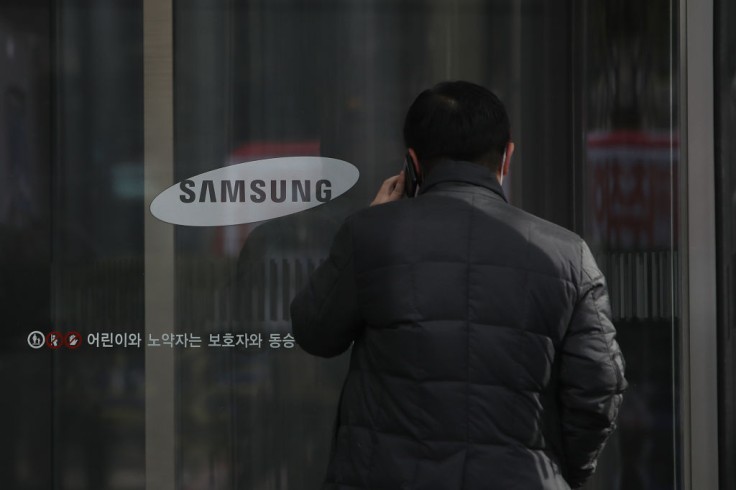
Samsung is moving forward through innovations creating human-like Artificial Intelligence through inventing a Samsung brain chip. The creation of neuromorphic chips that can better impersonate the human brain is close to being possible today, through an advanced semiconductor technology by one of the world's leading companies in technology, Samsung, as released by Samsung Electronics.
The insight was reported as a perspective paper entitled, 'Neuromorphic electronics based on copying and pasting the brain,' by Nature Electronics and envisioned by the greatest scholars and engineers from Harvard University and Samsung.
Corresponding authors are Donhee Ham, Fellow of Samsung Advanced Institute of Technology (SAIT) and Professor of Harvard University; Professor Hongkun Park of Harvard University; Sungwoo Hwang, President and CEO of Samsung SDS and former Head of SAIT; and Kinam Kim, Vice Chairman and CEO of Samsung Electronics.
Copy and Pasting the Brain
From their own words, the scholars' objectives are to copy the brain's neuronal connection map and then paste it onto a "high-density three-dimensional network of solid-state memories," for which the South Korean company Samsung has been the forefront leader of the technology needed.
The nanoelectrode breakthrough technology developed by Harvard Professor Hongkun Park and Dr. Donhee Ham of Harvard University and Samsung Advanced Institute of Technology (SAIT) will be used to map out the project.
The engineers aspire to create a memory chip that resembles the distinctive humanly capabilities of the brain like facile learning, low power, adaptation to the environment, cognition, and even autonomy through the copy-paste approach that no current technology has been capable of doing yet.
The one responsible for the brain's function is the wiring map capabilities of an enormous amount of neurons the human brain is made up of. Therefore, the solution to reverse engineer the brain relies on the knowledge of the map.
The Original Plan in Brain Mimicking
During the 1980s, the original intention of neuromorphic engineering was to mimic the function and structure of neuronal networks on a silicon chip.
Unfortunately, the desire to completely mimic the structure and function was challenging due to the insufficient data about how the neurons are interconnected to create higher functions. Therefore, changing the aim of neuromorphic engineering relieves it to designing a chip 'inspired' by the brain instead of rigorously mimicking it.
Is It Possible?
The published paper took the initiative and suggested a strategy to expeditiously paste the neuronal wiring map onto a memory network. When directly operated by the intracellularly recorded signals, the web of specially-engineered non-volatile memories can demonstrate and learn neuronal connection maps, which can be the system created to directly decipher the brain's neuronal connection map onto the memory chip.
In general, the necessary neuromorphic chip will require 100 trillion or so memories considering that the human brain has an estimate of more than 100 billion neurons and a thousand or so more synaptic connections.
3D integration of memories would materialize, incorporating a large number of memories on a single chip. The technology of Samsung pioneered this new era for the memory industry.
Furthermore, Samsung is planning to continue the innovations it has done in the field of neuromorphic engineering to consistently build up its power in being the leading company in the field of AI semiconductors for the forthcoming generation.
Dr. Ham reportedly said in Samsung Newsroom, "The vision we present is highly ambitious. But working toward such a heroic goal will push the boundaries of machine intelligence, neuroscience, and semiconductor technology."









